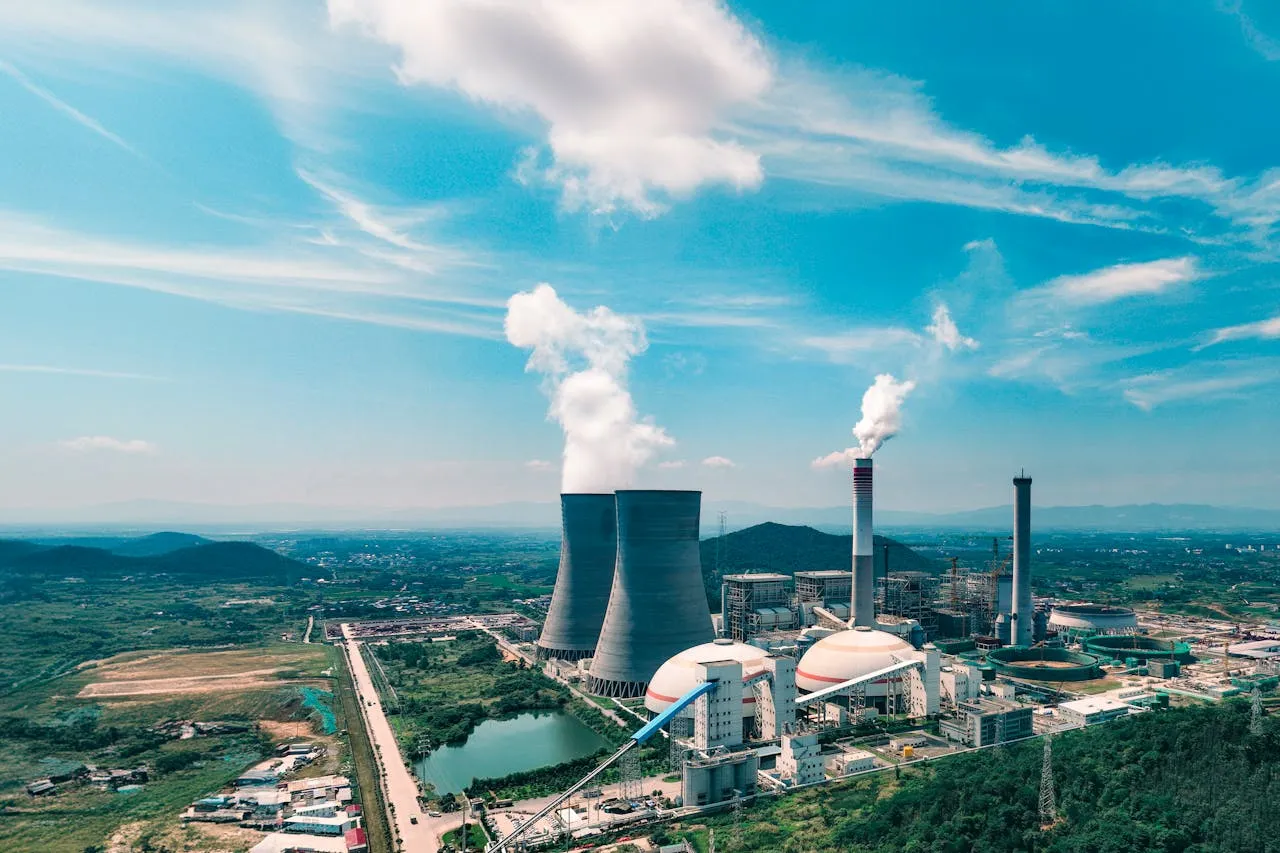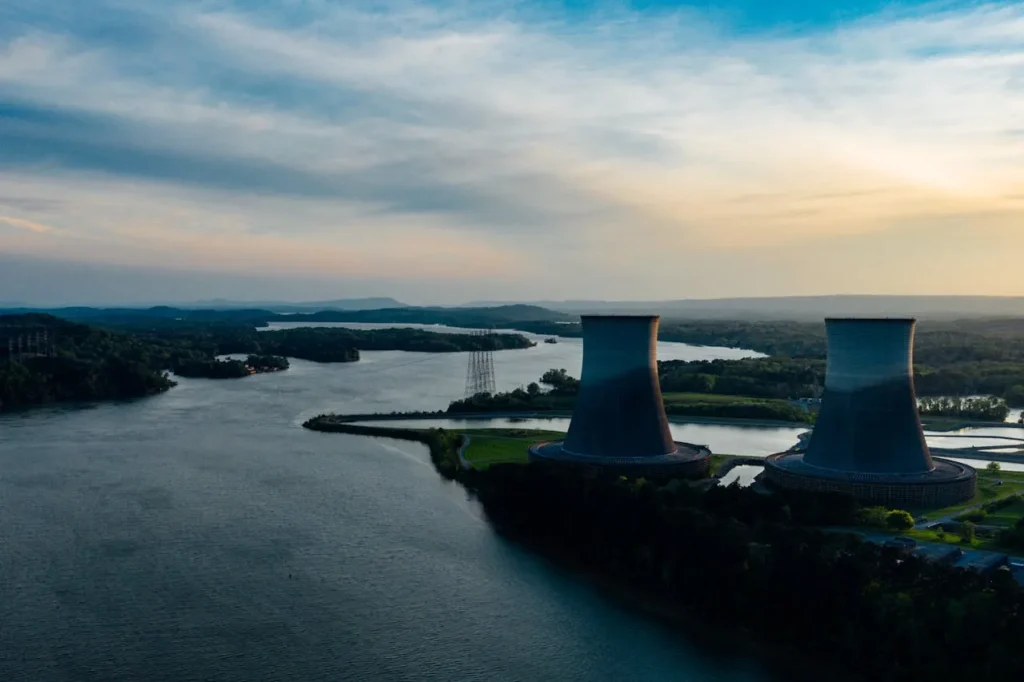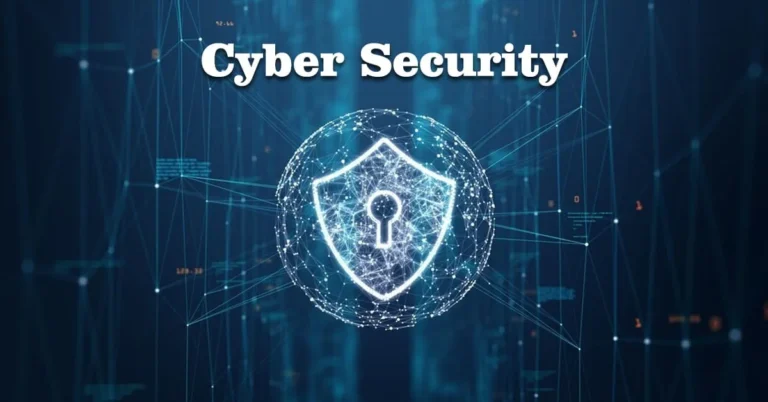
Deep Fission Advocates for Reform in Nuclear Regulatory Framework to Expedite Safe Reactor Deployment
Deep Fission Inc., a pioneering nuclear energy company specializing in small modular reactors (SMRs) deployed a mile underground, has announced its participation in a federal lawsuit aimed at modernizing the Nuclear Regulatory Commission’s (NRC) application of the Atomic Energy Act. This legal action seeks to align regulatory processes with contemporary technological advancements, facilitating a more efficient pathway for licensing next-generation nuclear technologies while maintaining rigorous safety and national security standards.
Background on the Atomic Energy Act and NRC Regulations
The Atomic Energy Act of 1954 was established to govern the development and regulation of nuclear energy in the United States. Under this act, the NRC is authorized to license “utilization facilities,” defined as reactors using special nuclear material in quantities significant to national defense or in manners affecting public health and safety. However, the NRC’s Utilization Facility Rule, originating in 1956, extends this licensing requirement to all nuclear reactors, regardless of size or risk profile. Critics argue that this broad application exceeds the NRC’s statutory authority and imposes unnecessary burdens on the development of advanced nuclear technologies.
Deep Fission’s Position and Technological Innovations
Deep Fission’s decision to join the lawsuit underscores its commitment to stringent nuclear regulation and the belief that current frameworks are misaligned with modern technological capabilities. The company’s innovative approach involves deploying SMRs approximately one mile underground in geologically stable formations. This design inherently enhances safety by utilizing natural geological barriers to contain radiation and mitigate risks associated with surface-level reactors. Despite these advancements, Deep Fission faces the same regulatory hurdles as traditional, larger reactors, which the company views as a significant impediment to progress.

Challenges with the Current Licensing Process
Navigating the existing NRC licensing process is both time-consuming and financially demanding. Historically, obtaining approval for new reactor designs can take over a decade and require investments exceeding hundreds of millions of dollars. For companies like Deep Fission, these extensive requirements pose substantial challenges, potentially delaying the deployment of innovative and safer nuclear technologies. The lawsuit aims to address these issues by advocating for a regulatory framework that differentiates between reactor types based on their specific risk profiles and operational characteristics.
Statements from Deep Fission Leadership
Liz Muller, co-founder and CEO of Deep Fission, emphasized the urgency of reforming the regulatory process:
“The United States must dramatically increase the supply of secure, low-cost, carbon-free electricity to meet the skyrocketing demand. Advanced nuclear companies like ours provide viable solutions, but the current licensing regime limits our ability to build until after the energy crisis is upon us. It shouldn’t take hundreds of millions of dollars and years of effort to responsibly bring innovative energy systems to the U.S. market.”
This statement reflects the broader industry sentiment that timely and cost-effective regulatory processes are essential for the advancement of nuclear energy solutions.
Collaborative Efforts and Legal Representation
Deep Fission joins other stakeholders in this legal challenge, including small reactor developers Last Energy and Valar Atomics, as well as the states of Texas, Utah, Louisiana, Florida, and the Arizona State Legislature. This coalition represents a unified effort to advocate for regulatory changes that accommodate the unique attributes of advanced nuclear technologies. Deep Fission is represented by Boyden Gray PLLC, a Washington D.C.-based law and strategy firm specializing in regulatory litigation.
Implications for the Future of Nuclear Energy
The outcome of this lawsuit could have significant implications for the nuclear energy sector in the United States. A favorable ruling may lead to a more nuanced regulatory framework that distinguishes between different reactor technologies based on their specific safety and security profiles. This could expedite the deployment of advanced reactors, such as Deep Fission’s underground SMRs, contributing to the nation’s energy security and carbon reduction goals.







